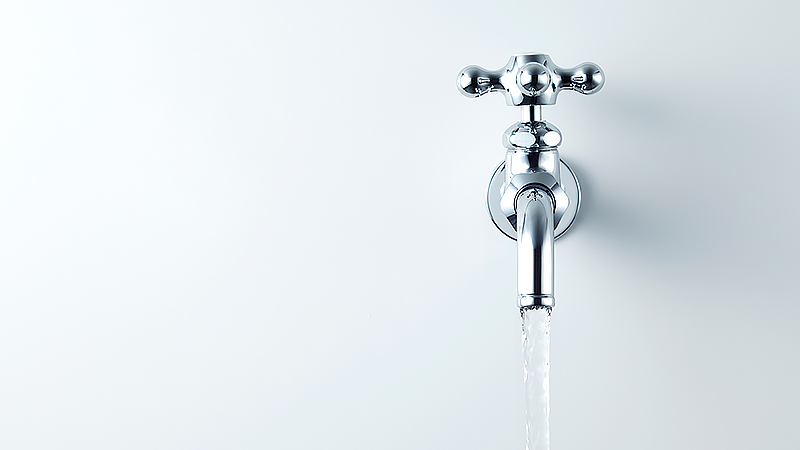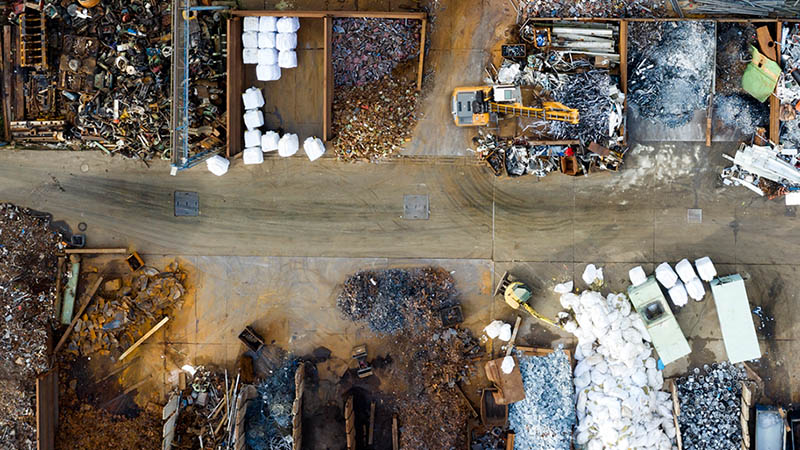Messaging needs to be delivered in a way that everyone can understand. “It took us almost going to the brink for the government to really understand the extent to which communication needs to improve to make people respond to the crisis”, she says.
Booysen also led the installation of smart water meters across 345 schools in the Western Cape, turning water conservation into a competition between the schools. Some schools were also given weekly report cards with their water usage, defined by multiples of bottles of coke or swimming pools. Overall, the interventions led to a 15 to 26 per cent water usage reduction.
Booysen admits that the strongest intervention was the “fear factor”. In January 2018, the municipal government announced that if Capetonians didn’t act to avert the water crisis, the taps would be turned off on April 21. Everyone would be forced to queue at one of 200 guarded collection points to receive a daily 25-litre water ration.
“That is the moment when the penny dropped,” he says. “What our analysis of smart metre water data showed is that was the exact point when usage substantially dropped”.
While Day Zero was eventually postponed indefinitely thanks to the city pulling together to conserve water, disastrous droughts as seen in Cape Town are going to become more common in a warming world. According to a study from Stanford University, man-made climate change made the Day Zero drought five to six times more likely.
Incentives plus regulations work best
The success of nudging people to make small but significant changes has been seen in a number of local communities around the world. In the Indian city of Mumbai, restaurants began serving half glasses of water after they found that patrons were only taking a few sips and throwing the rest away. In California, restaurants are not allowed to serve water unless the diners explicitly ask for it.
But Cape Town’s success story also shows that change has to happen on many levels. While citizens were trying to reduce their water consumption, the municipality was also busy building new water sources, reducing water pressure across the city, and blasting out information on the importance of water conservation over the television and radio. “Nudges can be used in a very successful, complementary way”, Visser says. But they work best when paired with regulation.





